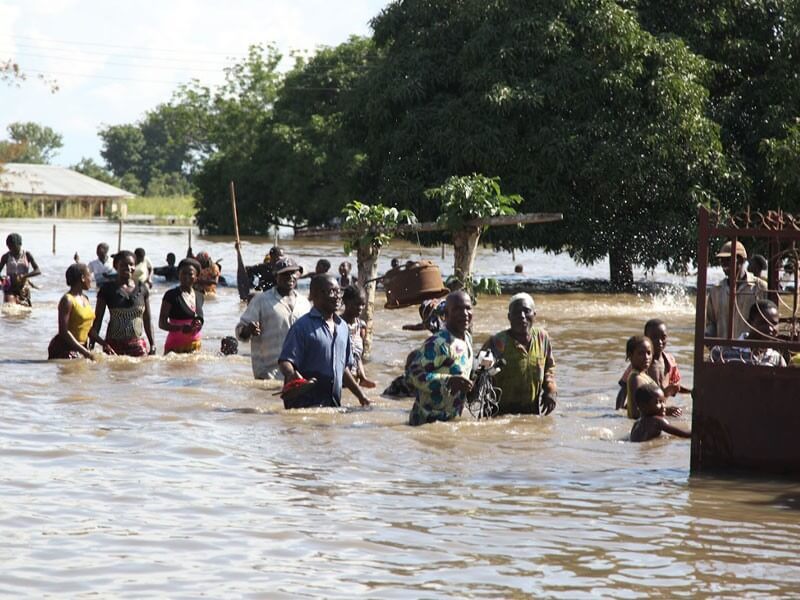An increasing number of countries are prioritising the formulation and implementation of National Adaptation Plans (NAPs) to boost their efforts to adapt to the effects of climate change by, for example, building flood defences, setting up early warning systems for cyclones, or switching to drought-resistant crops.

This is based on information captured in the recently published report on the progress in the process to formulate and implement NAPs. The report shows that 125 out of 154 developing countries under the United Nations Framework Convention on Climate Change (UNFCCC) are undertaking measures in the process to formulate and implement NAPs.
The number of countries that have advanced in other measures of the process such as assessing vulnerabilities and climate risks, preparing draft NAPs for consultation and endorsement and communicating progress on NAPs has also risen.
The number of NAPs is expected to further increase towards the beginning of 2021, bringing it to 50 NAPs shared in the dedicated site NAP Central by the UN Climate Change Conference (COP26) in Glasgow next year.
Countries formulate and implement NAPs as a means of identifying medium- and long-term adaptation needs and developing and implementing strategies and programmes to address those needs. It is a continuous, progressive and iterative process which follows a country-driven, gender-sensitive, participatory and fully transparent approach.
The report also shows that financial support for the formulation of NAPs through the Green Climate Fund (GCF) Readiness Programme is steadily increasing to all regions and groups.
Out of the 125 countries that are undertaking measures for NAPs, 85 countries have submitted a total of 88 proposals to the GCF Readiness Programme for NAP formulation. Out of the 85 countries, 55 are being supported by the GCF under the Readiness Programme while others are being supported in various activities by bilateral partners and other agencies.
The report also shows that of the 20 countries that have submitted their NAPs in NAP Central, several of them are successfully implementing their NAPs through the GCF. Eleven developing countries had submitted 23 project proposals to the GCF to fund priority projects and programmes they identified in the NAPs.
Seven of these proposals have been approved, totalling $464 million. The approved proposals relate to funding for projects addressing climate risks in food and agriculture, energy, health and well-being, and water resources
Eighteen out of 20 countries that have submitted NAPs explicitly mentioned gender and women. The report states that women are presented in the NAPs as a group vulnerable to climate change (80%), beneficiaries of adaptation action (65%) and/or agents of change (45%). Some countries identified concrete adaptation measures that include gender consideration in their NAPs.
Many LDCs are particularly vulnerable to the effects of climate change. The formulation and implementation of NAPs is of key importance to these countries. The Least Developed Country Expert Group (LEG), tasked with providing technical guidance and support to LDCs on NAPs, is stepping up its support for this urgent task despite the COVID-19 pandemic.
In 2021, the LEG will strengthen its direct support to LDCs to meet their goal of submitting their first NAP as soon as possible. It will also increase support to all LDCs to initiate and submit proposals for funding to the GCF for the implementation of at least one priority identified in their NAP, as accessing funding is challenging for many LDCs.
The LEG has already provided targeted support through its Open NAP initiative, designed to mobilise the widest inputs from all interested and available actors and stakeholders to support the LDCs and other interested developing countries in the development of their NAP.
Under the initiative, a number of Open NAP case studies are under way, in collaboration with partner organisations, which aim to support countries in preparing their first NAP, implementing policies, projects and programmes identified in their NAPs, as well as reviewing and updating their NAPs.
In the absence of physical meetings, the LEG will continue maintaining its support to LDCs.
